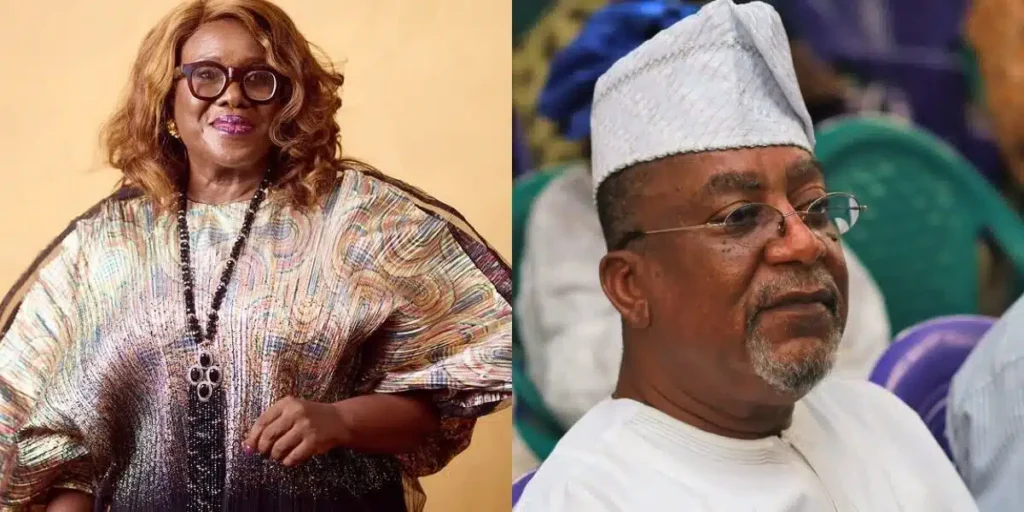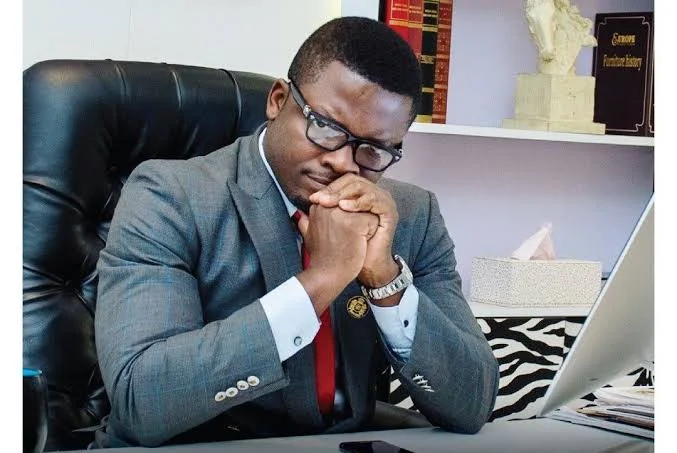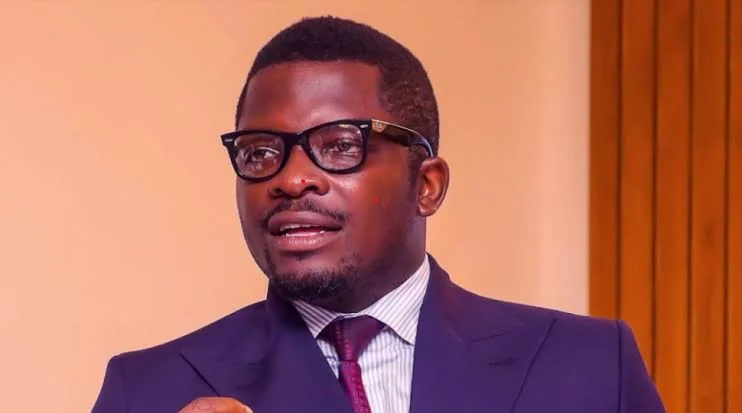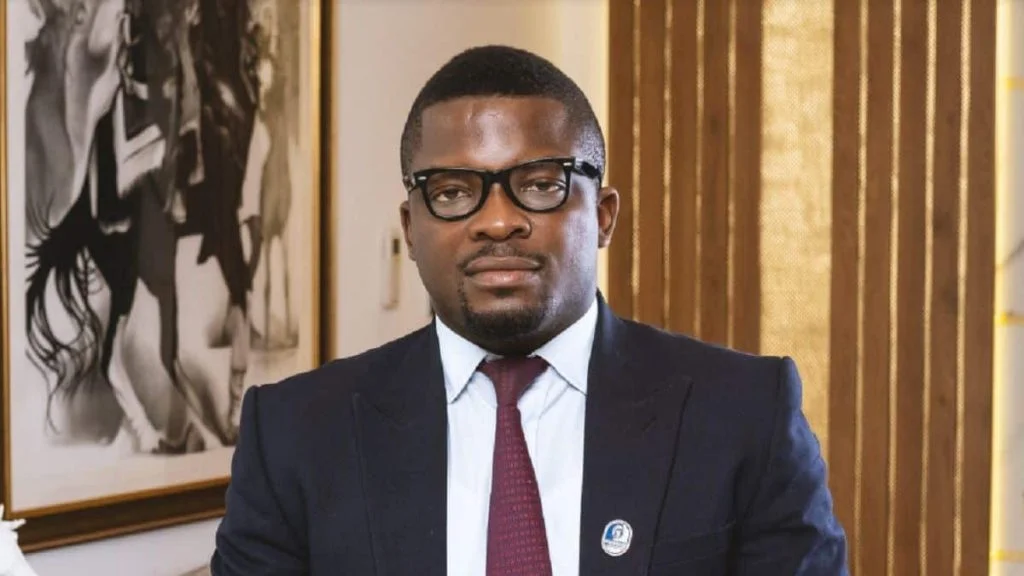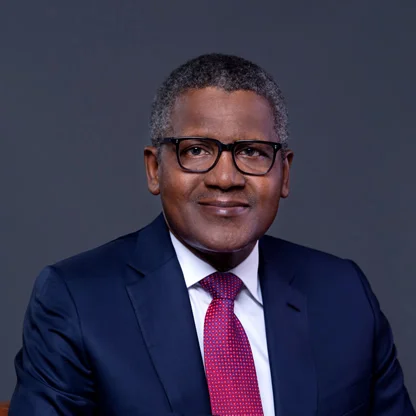Condolences Pour In As Joke Silva Loses Brother
There are losses that land like private thunder — sudden, shocking, and felt first in the chest — and then there are losses that echo publicly because the person left behind is a national treasure. This week, those two kinds of grief overlapped for Ajoke “Joke” Silva, one of Nollywood’s most graceful actors, when she shared that her elder brother, John Olabiyi Silva, had passed away on August 29, 2025. Silva’s post was spare and real: a photograph, a few tender words, and a name now repeated across timelines and prayer threads.
The post read like the kind of family note people tuck into a Bible: reverent, private, public. In it Silva called him “my easy go lucky brother”, a phrase that landed like a small compass in the middle of bigger, quieter sorrow.
Her loss was not only picked up by fans; colleagues from across Nollywood rallied, leaving messages that mixed tribute, memory, and the kind of humour that only close friends can offer in moments of pain.
The Announcement
John Olabiyi Silva was 72 years old at the time of his death, according to the family dates shared publicly. The specifics — a life measured in birthdays, photographs, nicknames — matter to those who loved him best, but even to the larger public the image formed quickly: a steady figure at the edge of a stage where his sister shone.
The news arrived first in an Instagram announcement and was then carried by national outlets, each retelling folding private grief into communal condolence.
For fans and industry friends, the reaction was immediate. Tributes poured in not just as passive comments but as threaded stories: directors remembering long nights of rehearsal, co-actors recalling jokes shared on set, younger performers thanking Silva for mentorship.
The cadence was the same everywhere — sorrow braided with gratitude. In a country where film families often function like extended tribes, a brother’s death becomes a moment of collective care.
Beyond The Silva House
To understand why this loss registers beyond the Silva household, you only need a quick glance at Joke Silva’s life in public. A decorated stage and screen actor and a pillar of Nigerian theatre, she has spent decades shaping Nollywood’s conscience — on camera, behind the scenes, and in institutions that train the next generation.
Her marriage to fellow thespian Olu Jacobs and her role in founding and nurturing creative spaces have made her family part of the cultural weather; when she grieves, many feel the wind.
But this is not an obituary for a public career. It’s a story about siblingship — the small, luminous ways brothers and sisters live inside each other’s day-to-day lives even when the public sees only the stage lights.
Silva’s Instagram gave us nicknames: “Long John Silva…Bros B…Uncle B.” Those names are shorthand for shared histories — backyard football, whispered secrets, family feasts, and, perhaps, gentle disagreements that have long since smoothed into memory. For many who grew up in Nigerian homes, those nicknames land hard because they map onto our own family shorthand.
The Last Respect
Grief in the public eye is a strange animal. It invites comfort and condolence but also scrutiny. Some well-wishers ask for funeral details; others share photos of the departed and stories of quiet kindness.
Also Read: Sujimoto Scandal: How to Vet a Nigerian Real Estate Developer Safely
At the moment of writing, funeral plans have not been widely publicised — the family’s preference for privacy has been respected in many quarters, even as journalists and fans press gently for ways to pay last respects. In times like this, silence often becomes its own statement: a request for space to mourn without the glare.
A Reminder For Nollywood
For Nollywood, the passing is also a reminder: the industry is built on relationships as much as on scripts. Veteran actors like Silva have been anchors — teachers, critics, patrons, friends.
When their families suffer, the ripple reaches sets, scripts, and rehearsals. Young actors who grew up watching her performances will read her posts and learn a different lesson than the ones delivered on screen: about loyalty, about the small mercies of family, and about how even public figures must carry private sorrow.
If there is a consoling truth in moments like this, it is the chorus that follows: the messages, the visits, the songs sent across phones.
In a country that often staggers under headline grief, these intimate public moments awaken ritual — food dropped at the door, prayers whispered in mosque and church, and the steady work of memory-keeping.
For Joke Silva, those rituals will now be part of her daily life: remembering a brother’s laugh, clearing a chair, keeping a photograph in a place of honour.
As the Nollywood community and fans continue to offer condolences, one simple thing holds: grief is an echo that loves company. We can’t step into Silva’s private mourning; we can only stand on the edge of it and offer a hand, a message, a prayer.
For a woman whose work has taught many of us how to feel on cue, the request now is old-fashioned and human — to let her grieve in peace, ringed by the love of family and a public that remembers both the artist and the sister.


